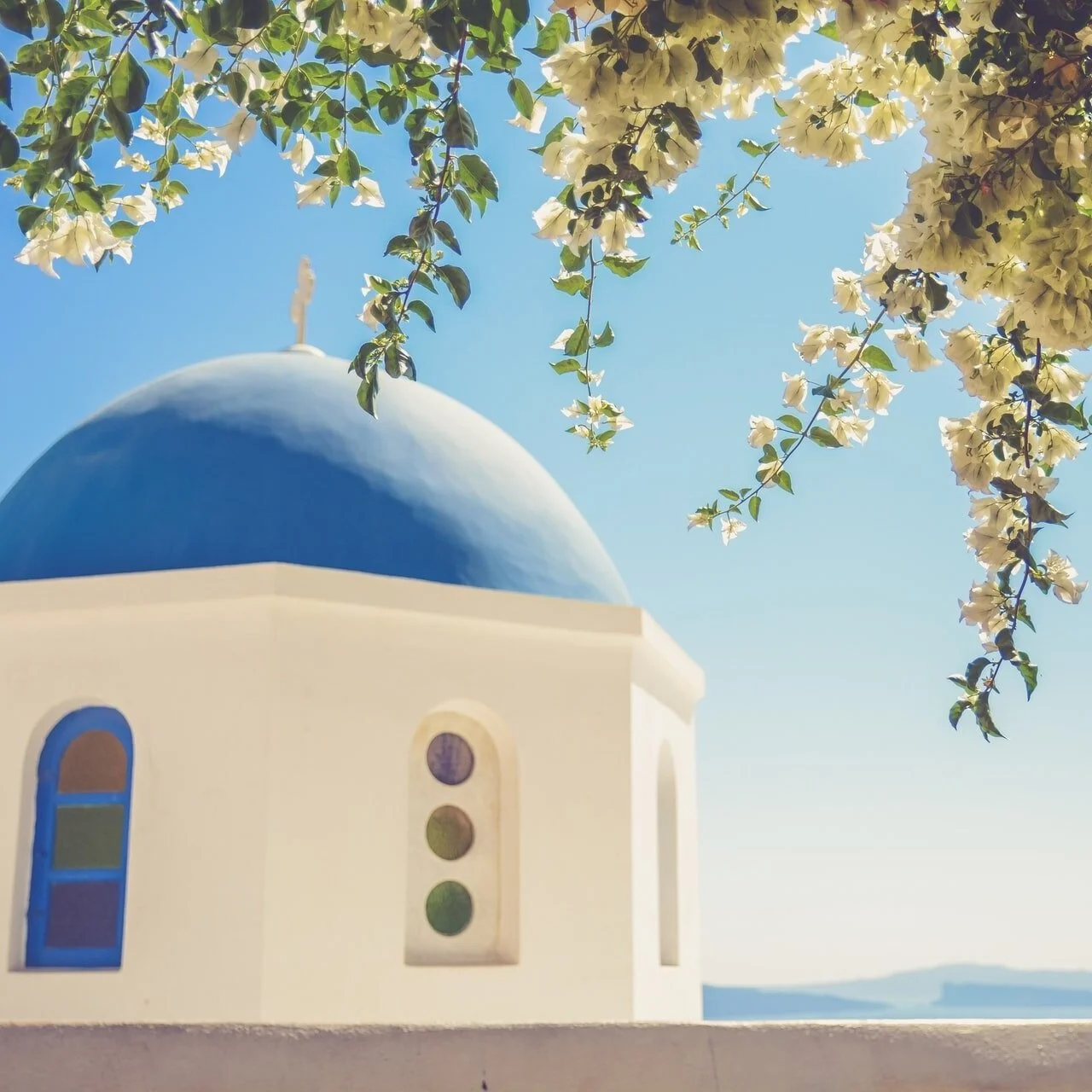PHOTOGRAPH: RAFIK WAHBA
“Orthodox Easter is celebrated on May 2, 2021 with the week preceding being ‘Holy Week’.”
Greek Orthodox Easter celebrations under Mediterranean skies are some of the most unsurpassed religious festivals worldwide, combining Greek customs and traditions hundreds of centuries old.
Greeks follow the Holy Week rites in commemoration of the Passion of Christ and celebrate His Resurrection on Easter Sunday.
During the Holy Week, the churches’ chandeliers and icons are draped in black and purple ribbons, enhancing the mourning for the coming crucifixion and burial of Jesus Christ.
On Easter Thursday, Greek home ovens get very busy as traditional Tsoureki (a type of fragrant Easter brioche) is baked, along with lamprokouloura (Easter cookies).
Eggs are dyed a rich and vibrant red, the colour symbolising the joy for Nature’s rebirth and the spiritual regeneration that comes with the Resurrection of Jesus.
On Good Friday in churches Epitaphios (a wooden canopy representing the tomb of Christ) is covered with exotic flowers. At the end of the evening service an outdoor procession takes place headed by Epitaphios, the priests and the congregation. People follow along the streets of cities, towns and villages listening to psalms being chanted.
On Holy Saturday morning preparations begin for the festive dinner that is served after the Resurrection Midnight Mass. Mageiritsa is a traditional dish prepared in most Greek houses (made with chopped liver and herbs).
Before midnight, people gather in church with white candles, which they light with the “Holy Light” offered by the priest at precisely midnight. The Resurrection of Christ is celebrated at that moment with drum beats and fireworks lighting the skies as the church bells peal out and the hymn ‘Christos Anesti’ (Christ is Risen) is chanted by everybody.
Following the service, all persons departing church are given a piece of holy bread and a red egg, amidst greetings of ‘Christos Anesti’ responded to with the words ‘Alithos Anesti’ (Indeed He has risen).
Back at home for the feast, red eggs are cracked together between two people, and the winner is always the one whose egg remains uncracked.
On Easter Sunday morning, in many parts of Greece, lamb is skewered and cooked over an open fire or in the oven.
Join us as we explore Greece
Don’t leave home without insurance












